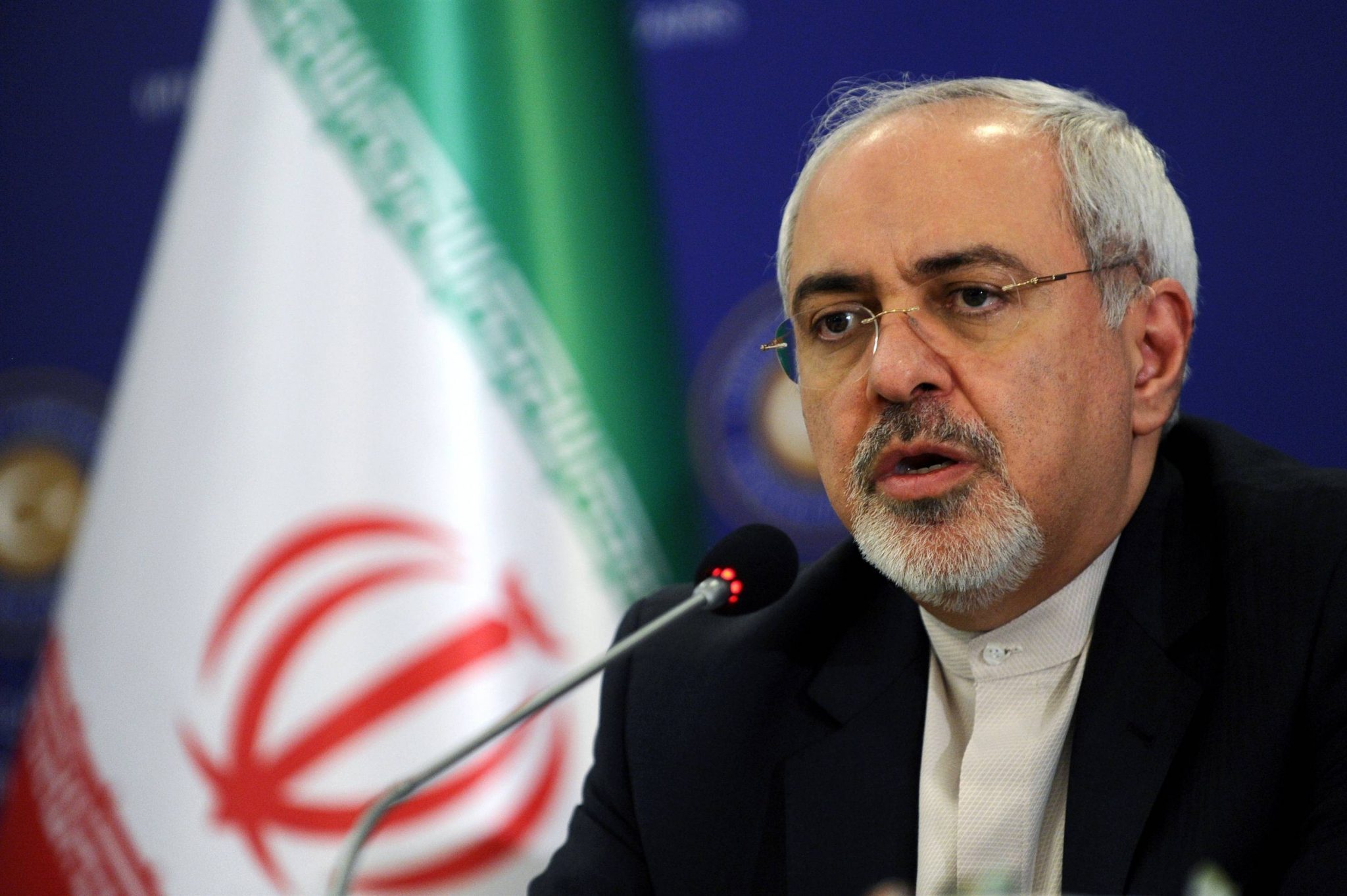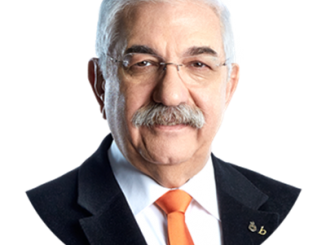
Egyptian authorities stated this week that Muslim clerics would be required to read out same pre-written identical weekly sermons, as a part of an initiative presented by Abdel Fatah al-Sisi to combat extremism.
Since 2014, the ministry of religious endowments has been providing clerics with topics for their sermons at Friday prayers, but the latest move confines preachers across the country to reading from the same script.
According to Voice of America news agency, an undersecretary from a different province who requested anonymity said the sermons would be written by ministry officials and senior clerics from Al-Azhar, the 1,000-year-old center of Islamic learning in Cairo.
Moreover, members of parliament on the House Committee on Religious Affairs would contribute too, as would sociologists and psychologists.
In this context, the Minister of Religious Endowments Mohamed Mokhtar Gomaa, said, “The objective [of the decision] is not at all political.”
He said the decision is in an attempt to reduce the length of the sermons as well as to depoliticize them.
Attending Friday prayer sermons in Islam is mandatory and the most important practice of the week.
The sermons, which are delivered by clerics in their close neighborhoods and districts, offer a time for Muslims to connect to God spiritually and many considered it their main source of religious teaching.
On the other side, Clerics found Friday sermons a chance to focus their sermons on issues affecting their particular community, sometimes mixed with political messages.
However, Egyptian authorities now are trying to change all that. The move has upset Muslim preachers throughout Egypt.
Several preachers expressed their anger at the move, saying it would prevent talented preachers from rising and that different communities living in governorates had different topics of interest that needed to be discussed in the mosque.
Accordingly, some clerics have expressed their anger, saying that the new approach is too restrictive.
Abdel Salam Mahmoud, an imam at a mosque in the southern city of Luxor said, “Everywhere in Egypt, every city or village, has different circumstances. A certain village might have a robbery problem and so the sermon should talk about thievery. Another place might have widespread murder and that is what should be discussed.”
Abdel Fattah al-Sisi, who came to power after leading a military coup in 2013 that ousted the first democratically elected president Mohamed Morsi, has made “reforming religious discourse” and combating extremism a priority.
Right after the military coup, the religious endowments ministry fired 55,000 preachers not authorized by Al-Azhar.
Al-Sisi has announced more than one time that religious extremism and terrorism are an existential threat. As a result, the latest announcement on Friday sermons comes in the light of al- Sisi’s statements that he has made about combating religious extremism.
Earlier this year, al-Sisi asked for a “religious revolution.” He said, “I say and repeat, again, that we are in need of a religious revolution. You, imams, are responsible before Allah,” al-Sisi said. “The entire world is waiting for you.”
It might be a difficult mission to enforce the new practice as it would be faced with public opposition. In addition, it may agitate public dissent as many Egyptians worry that if the government controls what is being discussed at places of worship, it will also be able to define religious education from its own perspective to impose it on Egypt’s Muslim majority.



